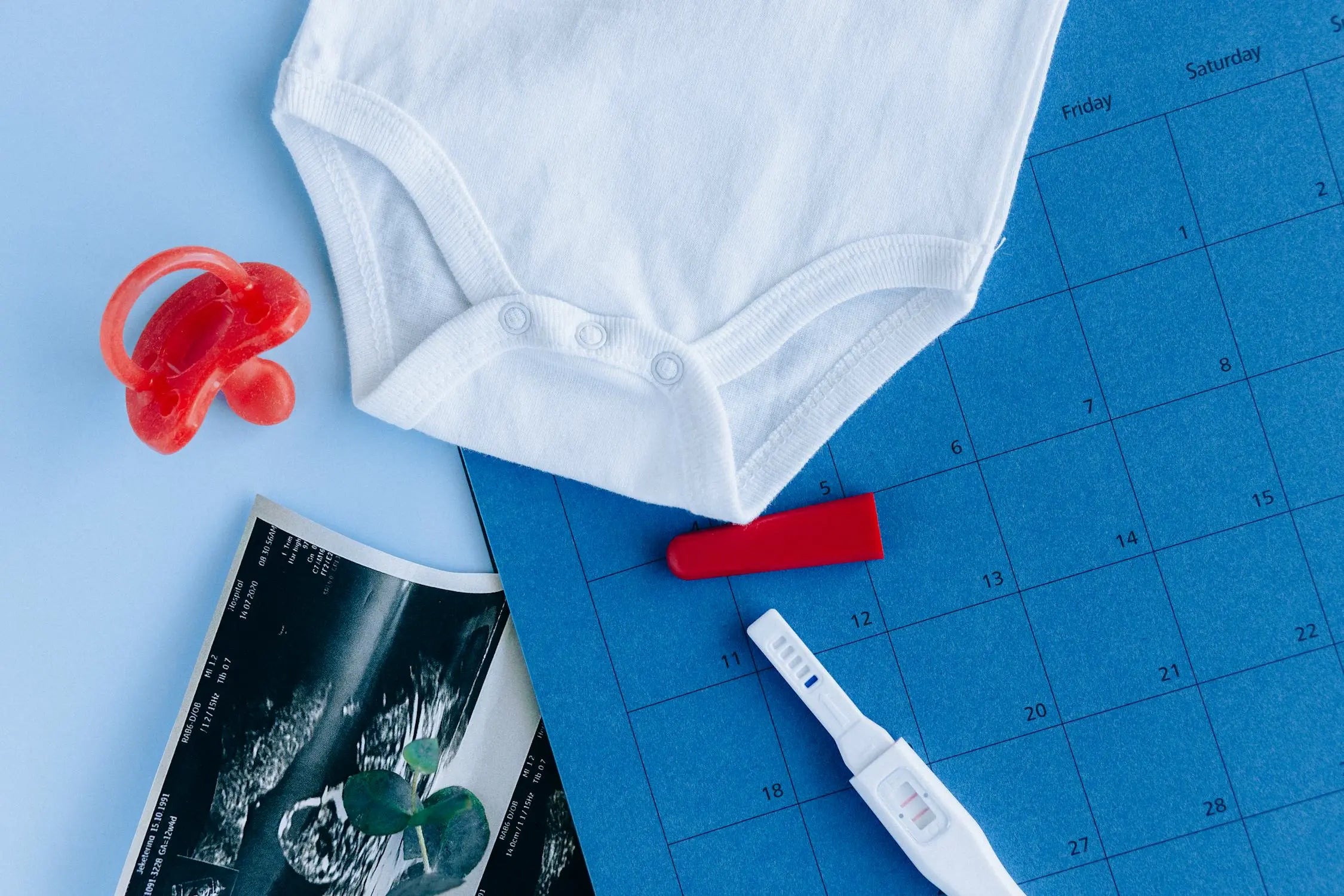Startseite
Pregnancy, Breastfeeding, and Pumping: The Ultimate Guide for Moms
How Often False Negative Pregnancy Test Occurs and What You Need to Know

How Often False Negative Pregnancy Test Occurs and What You Need to Know
When you're eagerly waiting to find out if you're pregnant, a negative result on a pregnancy test can be both confusing and disappointing. But what if that result is wrong? False negative pregnancy tests are more common than you might think, and understanding how often they occur can help you navigate this emotional journey with greater clarity.
What Is a False Negative Pregnancy Test?
A false negative pregnancy test happens when a test indicates you're not pregnant, but you actually are. This can occur for several reasons, including testing too early, improper use of the test, or issues with the test itself. While pregnancy tests are generally reliable, they are not infallible.
How Often Do False Negative Pregnancy Tests Happen?
The frequency of false negative pregnancy tests varies depending on several factors. Studies suggest that false negatives occur in about 5% of cases when using home pregnancy tests. However, this percentage can increase if the test is taken too early in the pregnancy or if it's not used correctly.
Factors That Influence the Accuracy of Pregnancy Tests
Several factors can affect the accuracy of a pregnancy test, increasing the likelihood of a false negative result. These include:
- Testing Too Early: Pregnancy tests detect the presence of the hormone hCG (human chorionic gonadotropin), which is produced after a fertilized egg attaches to the uterine lining. If you test before this hormone has reached detectable levels, you may get a false negative.
- Improper Test Usage: Not following the instructions on the pregnancy test can lead to inaccurate results. This includes using expired tests, not waiting long enough for the result, or not using the first morning urine, which has the highest concentration of hCG.
- Diluted Urine: Drinking too much fluid before taking the test can dilute your urine, making it harder for the test to detect hCG.
- Medical Conditions: Certain medical conditions, such as ectopic pregnancy or very early miscarriage, can affect hCG levels and lead to false negatives.
How to Minimize the Risk of a False Negative Pregnancy Test
To reduce the chances of getting a false negative result, consider the following tips:
- Wait Until After Your Missed Period: Testing too early is one of the most common reasons for false negatives. Waiting until after your missed period increases the likelihood of accurate results.
- Follow Instructions Carefully: Always read and follow the instructions provided with the pregnancy test. This includes using the test at the right time of day and waiting the recommended amount of time for the result.
- Use a High-Sensitivity Test: Some pregnancy tests are more sensitive to low levels of hCG than others. Choosing a high-sensitivity test can improve accuracy, especially if you're testing early.
- Retest if in Doubt: If you get a negative result but still suspect you might be pregnant, wait a few days and test again. hCG levels double every 48 to 72 hours in early pregnancy, so waiting can increase the chances of an accurate result.
When to See a Doctor
If you continue to get negative results but experience pregnancy symptoms such as missed periods, nausea, or fatigue, it's a good idea to consult a healthcare provider. They can perform a blood test, which is more sensitive than urine tests, or an ultrasound to confirm whether you're pregnant.
Emotional Impact of False Negative Pregnancy Tests
Dealing with a false negative pregnancy test can be emotionally challenging, especially if you've been trying to conceive. It's important to acknowledge your feelings and seek support from loved ones or a counselor if needed. Remember that false negatives are not uncommon, and they don't necessarily mean there's a problem with your pregnancy.
Final Thoughts on False Negative Pregnancy Tests
False negative pregnancy tests can be frustrating, but understanding how often they occur and what factors influence their accuracy can help you approach testing with greater confidence. By following best practices and seeking medical advice when necessary, you can increase the likelihood of getting reliable results and make informed decisions about your reproductive health.
If you're experiencing uncertainty or confusion about your pregnancy test results, don't hesitate to reach out to a healthcare professional. They can provide the guidance and support you need to navigate this important phase of your life.
Teilen


